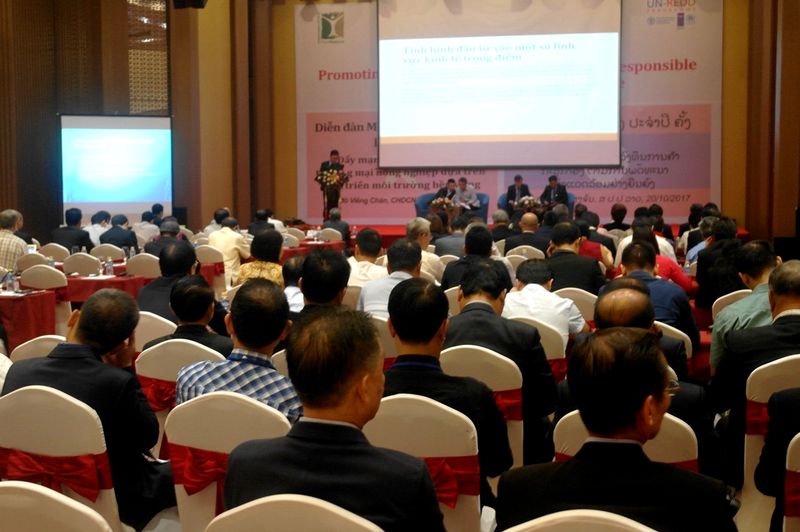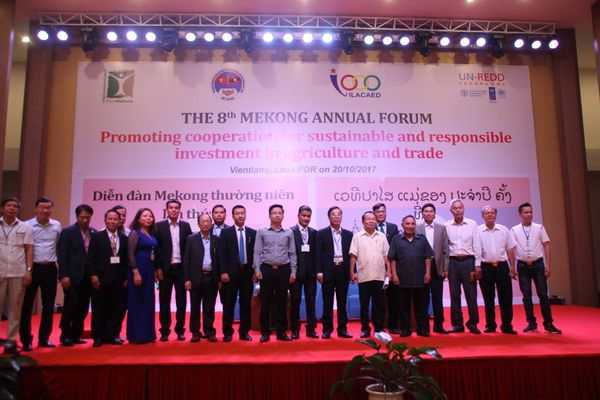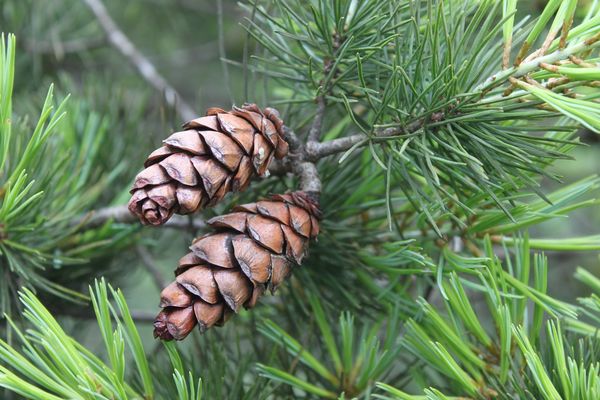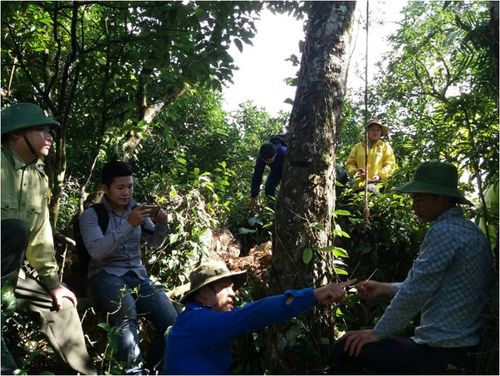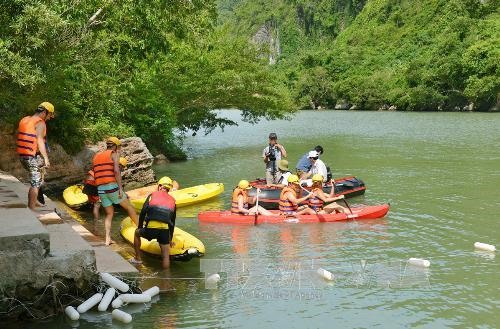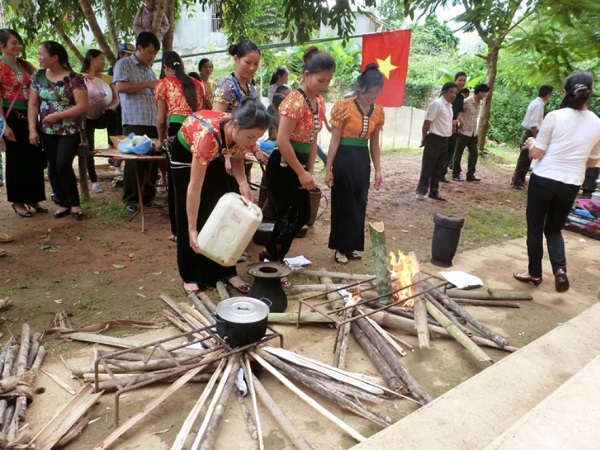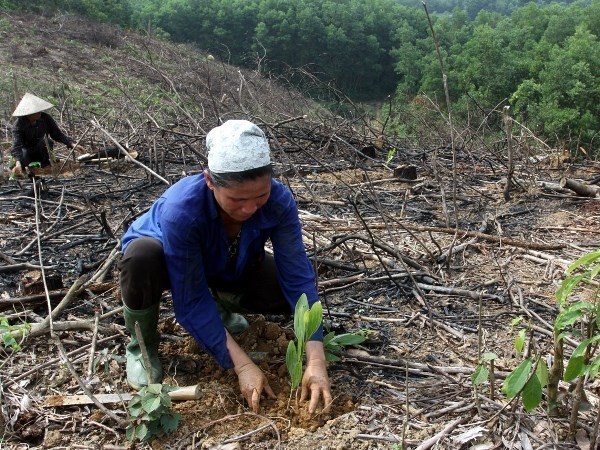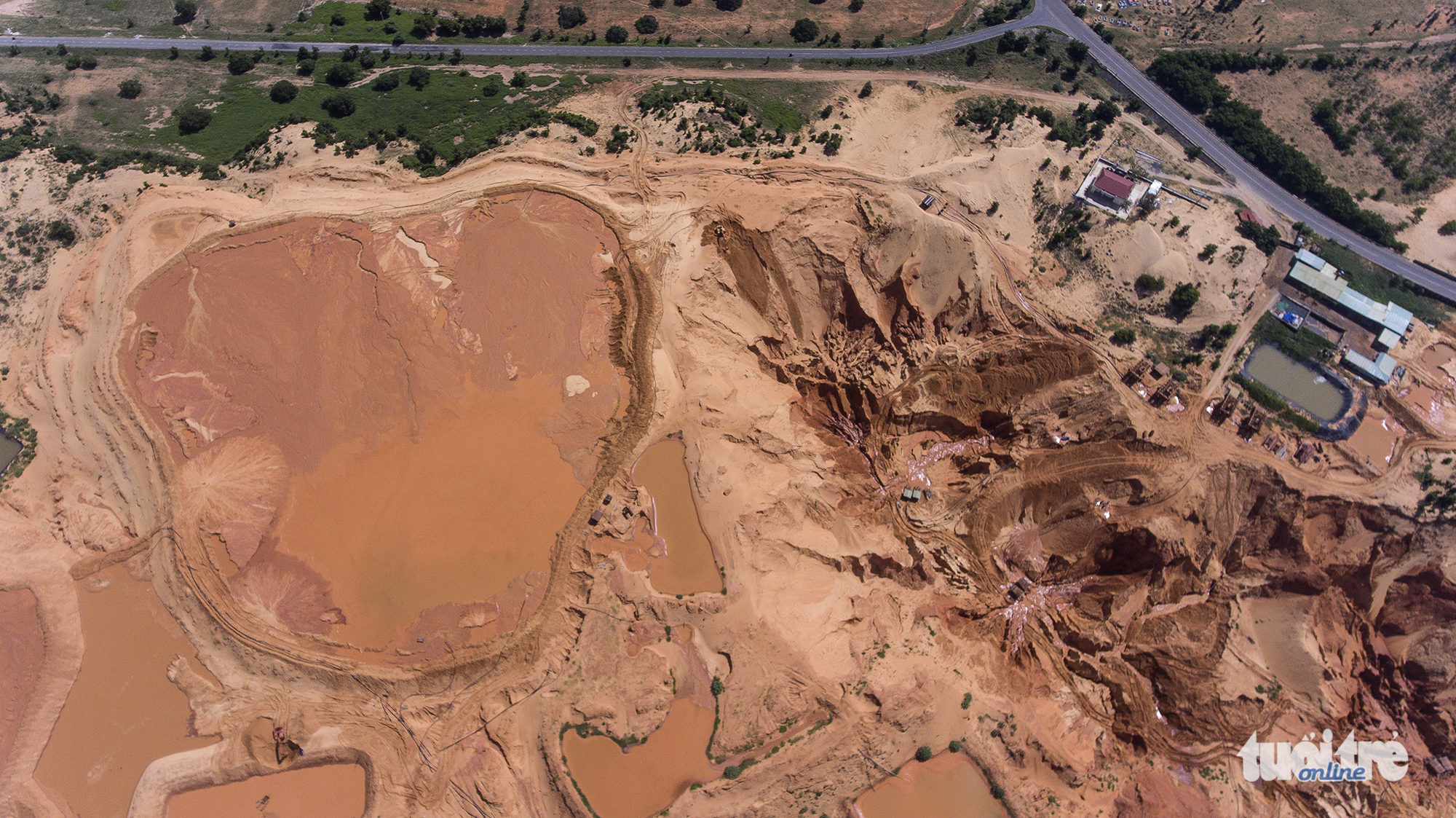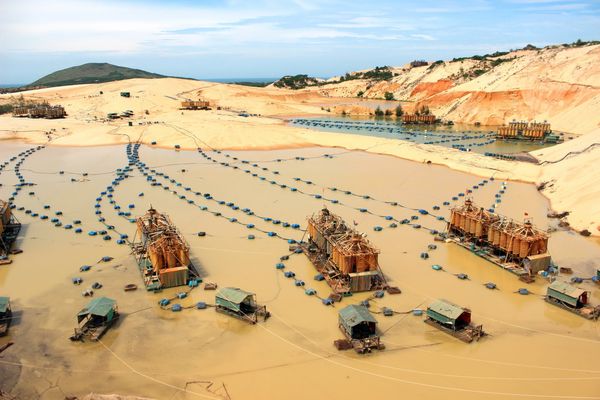Promote responsible and sustainable investment in agriculture
Forum on "Promoting cooperation for sustainable and responsible investment in agricultural and trade" was co-organized by People and Nature Reconciliation (PanNature) and the Vietnam-Laos-Cambodia Association for Economic Cooperation Development (VILACAED) in Vientiane, Laos on October 20, 2017. At the invitation of the Organizing Committee, CIRUM sent a representative to participate and contribute ideas at the forum.

